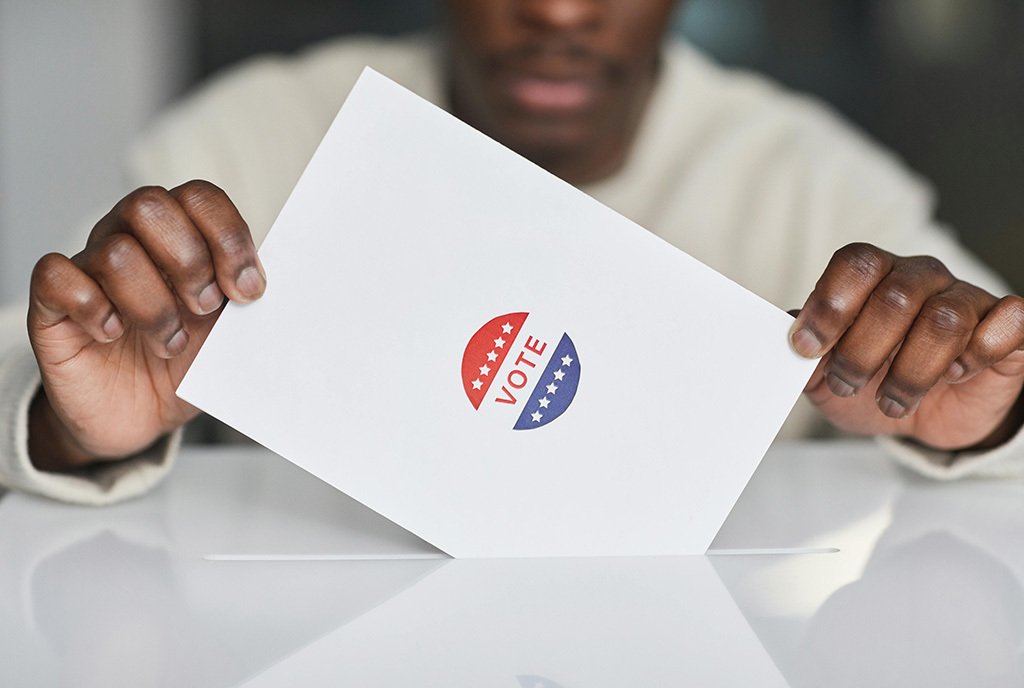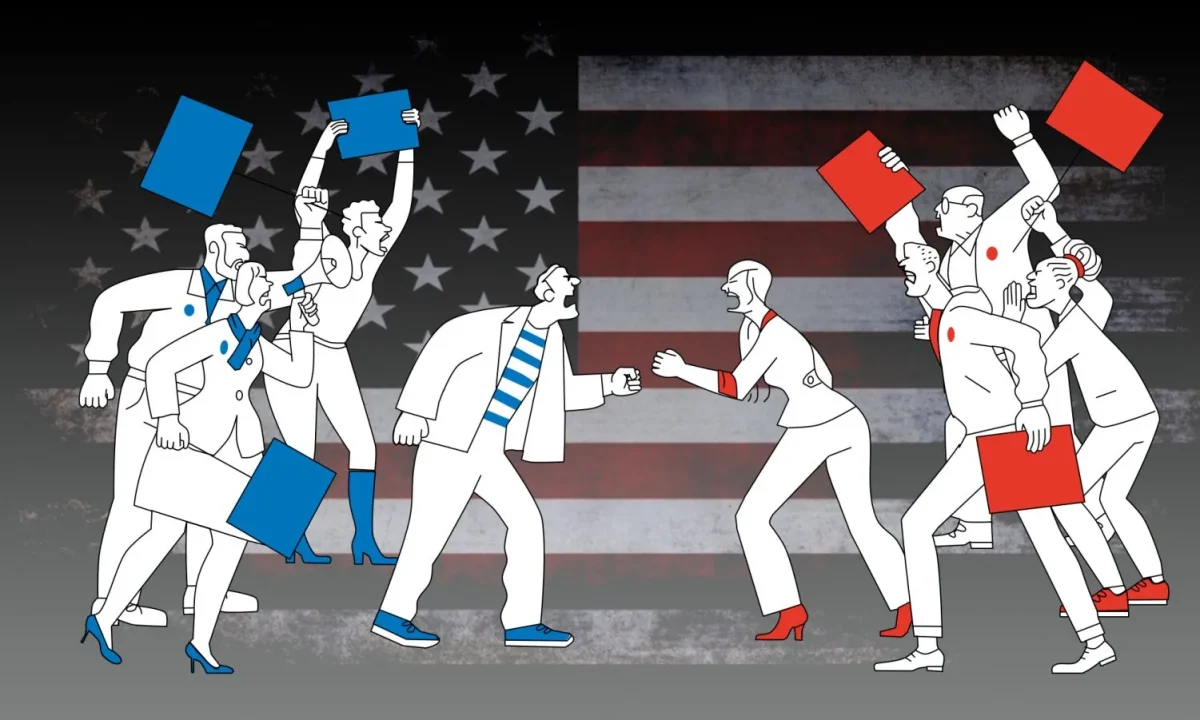In a 2020 Breakfast Club interview during his presidential campaign, President Joe Biden proclaimed, “If you have a problem figuring out whether you’re for me or Trump, then you ain’t Black.” The comment immediately drew criticism from both liberals and conservatives, who questioned the intent behind the remark. Many found the emotionally charged statement, seemingly meant to shame, particularly disturbing coming from someone who is not Black. Despite how strange this remark may seem, it is not new; in fact, both political parties perpetuate it every election season with the intent of drawing support from specific groups of people. This phenomenon is referred to as ‘identity politics’—the encouragement of political action based on the demographic groups one belongs to.
Identity politics, at first glance, appears promising and advantageous for historically marginalized groups; however, this is often not the case, particularly with racial identity politics. Racial identity politics is frequently exploited and weaponized by the country’s two major political parties, prioritizing political capital above all else. It is important to understand that politics is business and business is politics. In theory, voting is transactional; an exchange between citizens and elected officials, but that theory is undermined by the influence of money and power. The racial identity groups that political parties pander to are reflected in their platforms and shift according to the political landscape. For example, before turning their attention to the minority demographic for votes, the Democratic Party primarily relied on the support of the white working class, particularly the racists of the rural South. However, in the 1930s and 1940s, a shift occurred when the Democrats abandoned their focus on the white working class and began appealing to minority groups. In response, the Republican Party began courting the white working class in the 1950s through an approach known as the ‘Southern Strategy’. Using this approach, Republicans subtly endorsed racial segregation, discrimination, and the disenfranchisement of Black people, exploiting the fears and prejudices of white voters for political capital. This fluidity clearly indicates that political parties are not morally grounded and lack consistent standards.
For Black Americans, the exploitation and weaponization of racial identity politics is a particularly pressing issue. Since the founding of the nation, Black people have been manipulated and misled by America’s two-party system, deceived into believing their values and perspectives are adequately represented. Coleman Hughes, a fellow at the Manhattan Institute for Policy Research, describes political campaigning in America as, “who can say the woke thing on TV without ever trying to commit in any meaningful way.” The four major compromises of the 19th century taught in U.S. history—Three-Fifths, Missouri, 1850, and 1877—were subtle ways of stripping Black Americans of their natural and constitutional rights. These deals highlight the enduring paradox in Black America: the same federal government responsible for upholding their constitutional rights was often the very force denying them. The ways in which Republican Richard Nixon and Democrat Bill Clinton pandered to Black voters are one and the same. Both leaders advocated for policies that aimed to appeal to Black Americans while simultaneously enacting measures that contradicted their rhetoric. Nixon implemented COINTELPRO, an FBI operation designed to disrupt and dismantle the Black Power movement, while Clinton cut the social safety net and enacted the 1994 crime bill, which disproportionately incarcerated Black individuals. Civil rights activist and former Congressman John Lewis once posed a potent question: “Where is the political party that will make it unnecessary to march on Washington? Where is the political party that will make it unnecessary to march in the streets of Birmingham?” This statement emphasizes the disconnect between political promises and the realities faced by the Black community.
What have Black Americans truly gained in exchange for their vote? Even if politics have become more inclusive and some institutional barriers have been dismantled, were these changes driven by ethics and sincerity, or strategically implemented to increase power and influence? The political rhetoric used by political figures like President Joe Biden is disingenuous and insincere. Cultural strangers are replacing Black narratives with extrinsic views, while society remains unquestioningly loyal. Politicians often exaggerate issues to amplify fear and manipulate emotions, leading Black Americans to vote out of fear, while other voting groups are rewarded for their loyalty. Washington Post columnist Theodore R. Johnson contends, “For Black voters, agency and political freedom are luxuries they have never fully enjoyed.” Prominent civil rights activist Malcolm X recognized the restriction of political and intellectual freedom for Black Americans, identifying it as an institutional flaw. While there are many other similar flaws, they too are often obscured by the superficiality of politics. There is always more beneath the surface than what is perceived. Society’s contentment lies in conformity to the surface, when what we desperately need is agitation to challenge and change the status quo.













